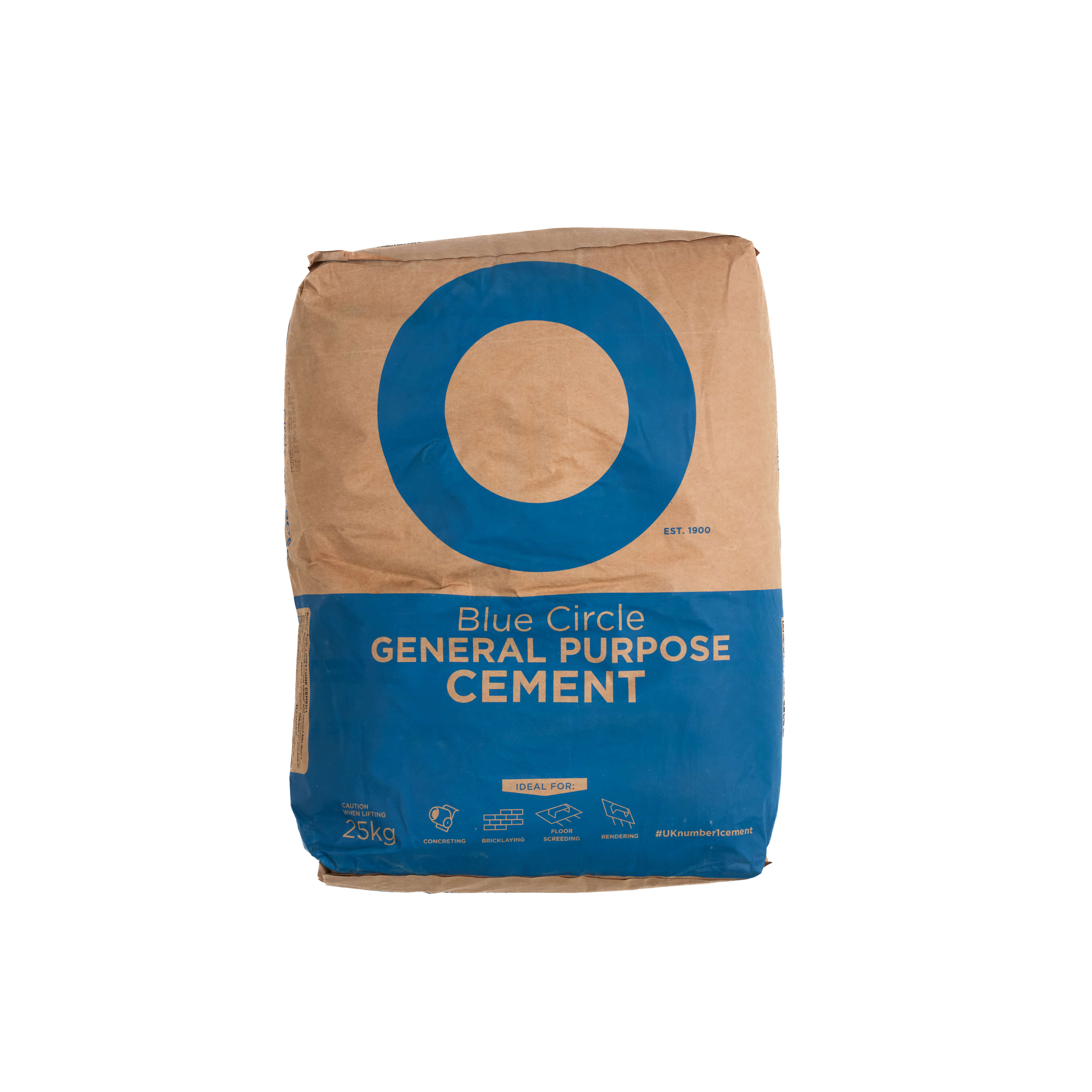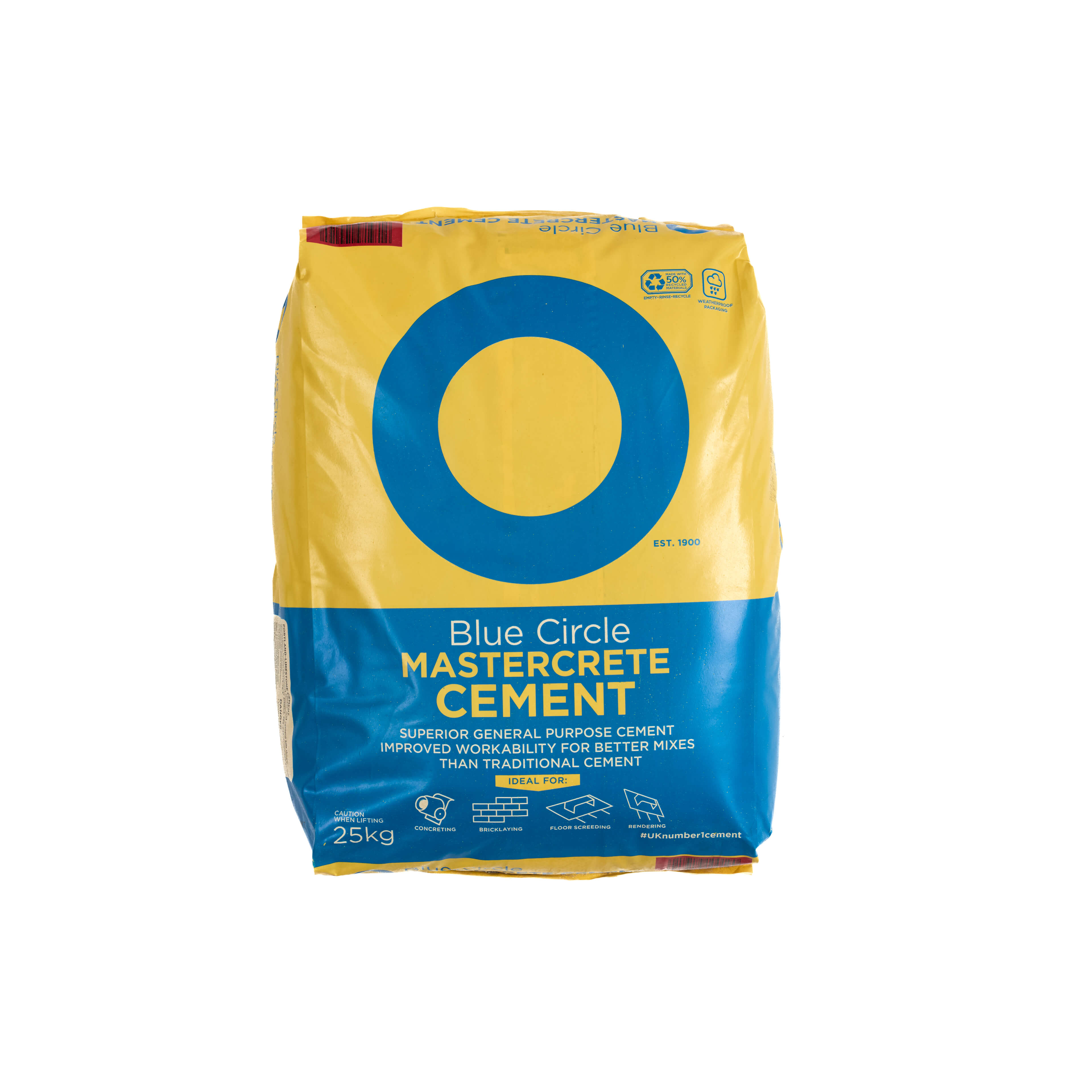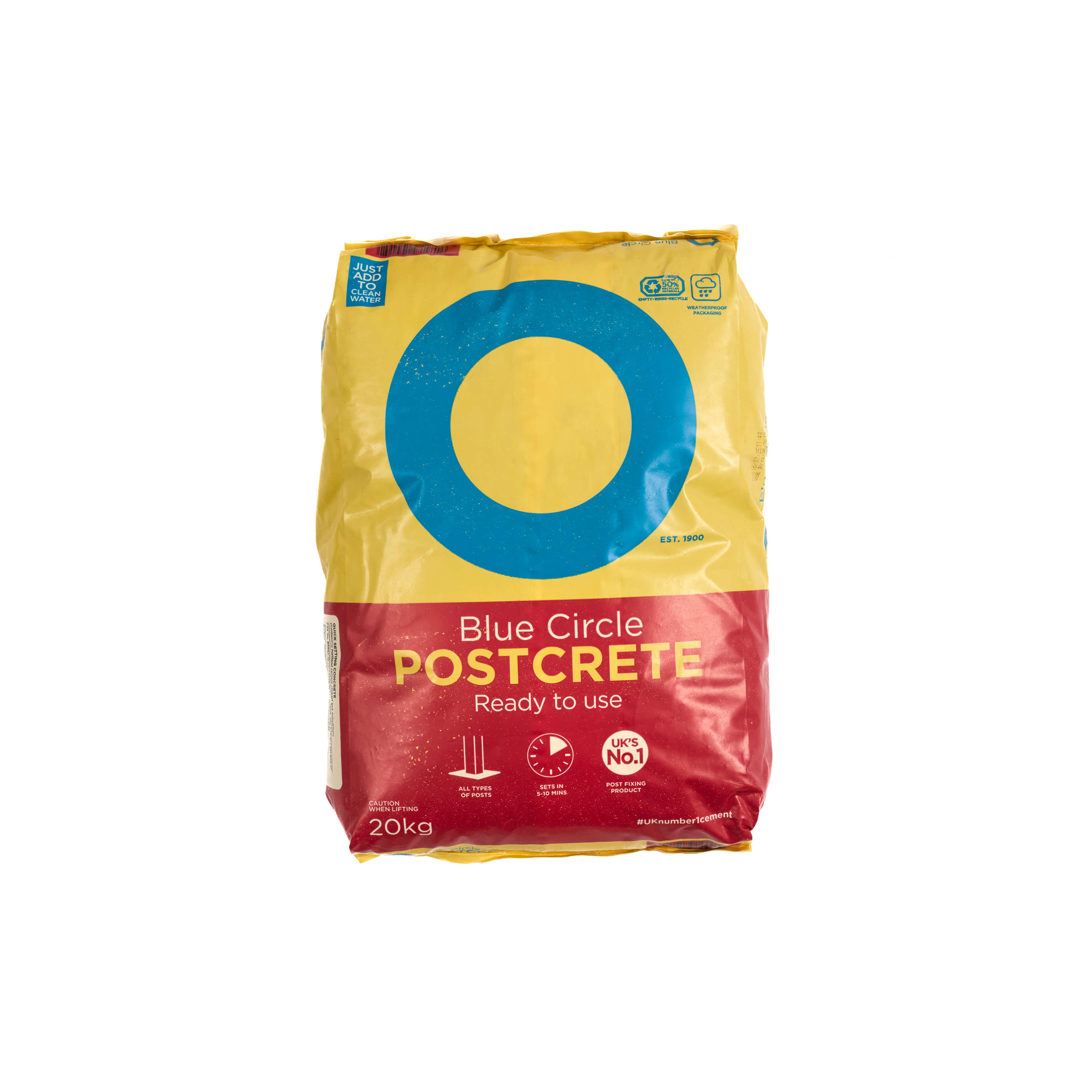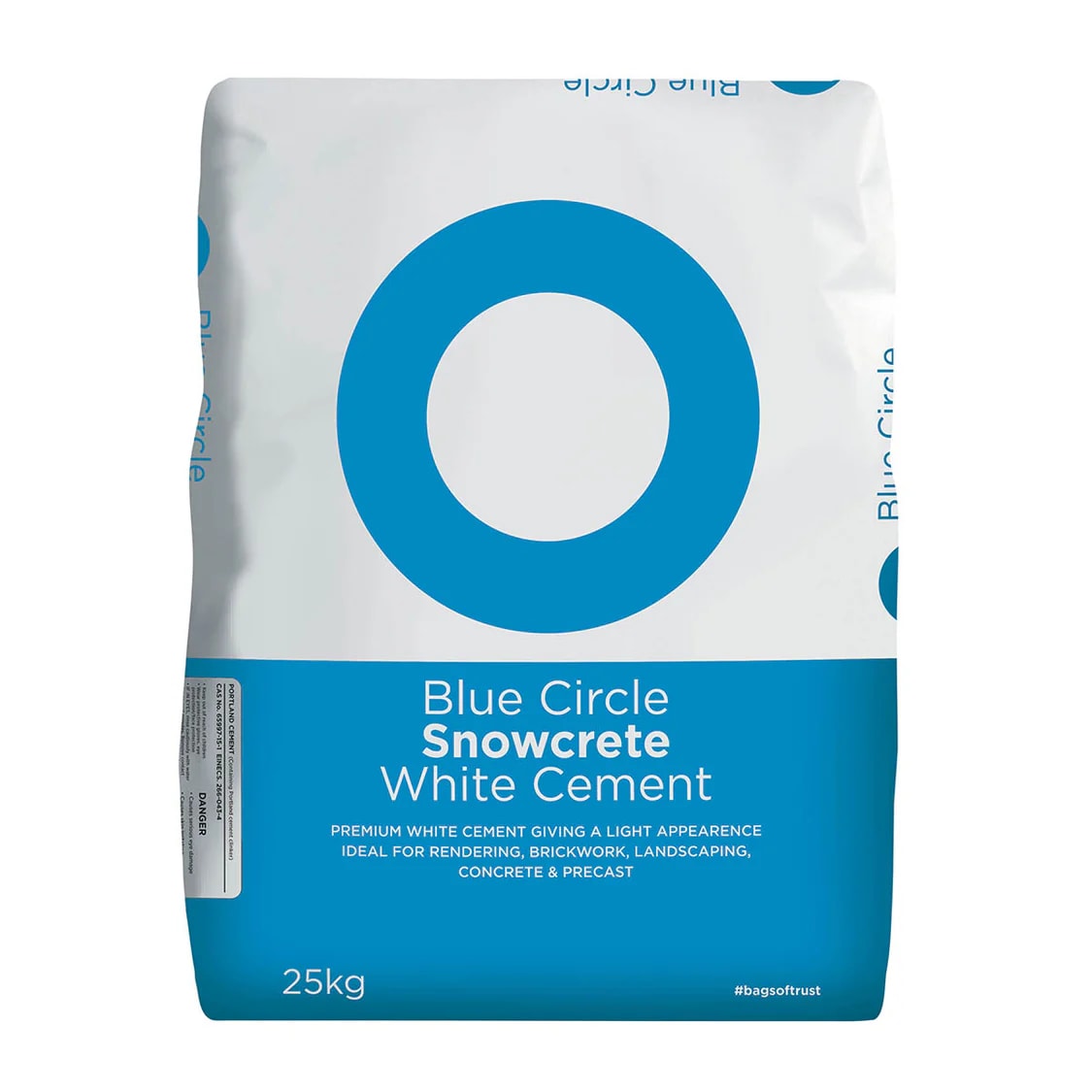Cement
(6 Products)Cement is a staple of the construction industry, and for good reason; it plays a vital role in building the infrastructure of our cities and communities. This fine powder (made from a mixture of minerals, such as limestone and clay) is often mixed with sand and aggregates to produce concrete. Here at Materials Market, we stock tried and trusted cement from renowned brands such as Blue Circle - an industry-leading name in the cement industry.
What Is Cement?
Cement is a binding agent relied upon in the building industry to bind together bricks, stones, and other building materials.
Typically supplied in a paper bag/plastic bag, it is made from a mixture of limestone and clay and is a basic ingredient in concrete, a composite material, made of cement, water, sand, and gravel.
Cement is not often used independently. Generally, it is used in the manufacturing of other construction materials, such as concrete and mortar.
At Materials Market, we stock various types of bulk cement bags (both premium cement and general-purpose cement), all available for order online. Our most popular cement products are Blue Circle cement products, which are manufactured using sustainable cement technology.
Cement Bag Uses
Cement bags are used in a wide range of construction projects, from small residential buildings to large commercial structures. They are an essential component in the construction of roads, bridges, and other infrastructure projects.
Cement has versatile uses when combined with other materials:
- Cement mixed with fine aggregate produces mortar for masonry
- When mixed with sand and gravel, cement produces concrete
Cement mix and mortar mix are ideal for a variety of applications including:
- Pointing brickwork and stone
- Repairing concrete and render
- Filling holes or setting posts
Mortar Mix Essentials
Mortar is made by mixing cement, lime and sand. The proportions of these ingredients vary depending on the type of mortar you're making, but the basic ratio is one part cement to three parts sand.
To mix, you'll need:
- Mixing area: wheelbarrow, plastic tub, mixing board
- Builder's shovel/spade
- Tarpaulin sheet
- Bristle brush
- Bucket
As ever, we recommend donning the appropriate PPE: a respiratory mask, goggles and gloves.
Types of Cement
General Purpose Cement
- Used in concrete, mortars, renders, screeds, and grouts.
- Procem (CEM I Portland cement) is ideal for specialised structural concrete.
- Sulfacrete is recommended for sulfate-resistant applications.
Ready Mix Cement
- Pre-mixed to precise specifications, ensuring consistent quality.
- Convenient and saves time on-site, ideal for projects with tight deadlines.
Fly Ash Cement
- Enhances workability of fresh concrete by improving consistency and paste flow.
- Reduces water demand by approximately 10%.
Masonry Cement
- Contains an air-entraining agent and mineral admixture (e.g., Everbuild Mortar Admix) to enhance plasticity and prevent cracking.
Calcium Aluminate Cement
- Also known as high-alumina cement.
- Made by fusing lime-containing and aluminous materials to form calcium aluminates.
Ecological Cement
- A sustainable alternative to Portland cement.
- Uses recycled materials, reducing raw material, water, and energy consumption.
Frequently Asked Cement Questions
What Is The Difference Between Lime Mortar & Cement Mortar?
- A lime mortar tends to be whiter in colour, whilst a greyer shade would suggest it's most likely Portland cement
- Unlike cement mortar, lime mortar is permeable and allows vapour to pass through - a healthier option for humidity regulation
- Lime sets at a much slower rate than cement mortar, making it far more workable
- Cement also tends to be more brittle and more likely to crack
How Is Cement Made?
The first step of the cement manufacturing process begins with mining limestone and other raw materials. After quarrying, the rock is crushed.
The crushed rock is then combined with other minerals, like clay and iron ore, in a cement kiln. Cement kilns are most often fuelled by coal, however, the use of alternative fuels in cement kilns is now widespread and increasing.
The resulting substance of heating these raw materials at high temperatures is called clinker. Clinker is ground up by cement plants into a fine powder and mixed with gypsum to produce cement.
What Is The Difference Between Hydraulic Cement & Non-Hydraulic Cement?
Hydraulic cement, the most popular of both classifications, is the most favoured material due to the fact that it is easily workable and dries quickly.
The ingredients—a mixture of limestone, clay and gypsum—are combined at high temperatures to manufacture a product that sets and hardens rapidly.
While the first form of cement invented was non-hydraulic, it is not as practical or convenient for most applications.
This type of cement includes lime, gypsum plasters and oxychloride, which means that it does not set when exposed to water like hydraulic cement. In fact, this kind of cement needs dry conditions to set at all.
What Is The Portland Cement Association?
Portland Cement Association is a non-profit organisation that promotes the use of Portland cement, the most common type of cement used in concrete production.
PCA conducts and sponsors concrete research, and plays a role in setting cement manufacturing standards.
What Is White Portland Cement?
White ordinary Portland cement (WOPC) is essentially the same as regular grey Portland cement, with the exception of its striking whiteness. This colour is achieved through adjustments to the production process, which results in a higher cost compared to grey cement.
White Portland cement is suitable for architectural uses in cast stone, architectural concrete, paving slabs, street furniture and terrazzo applications.











